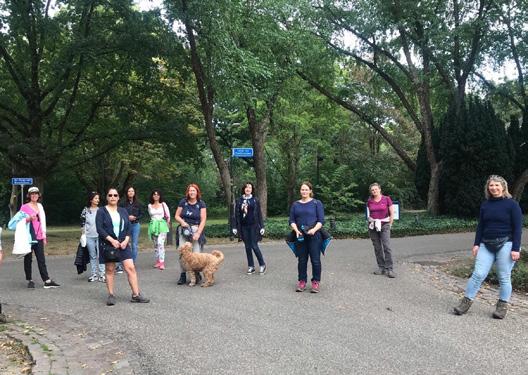
6 minute read
Regina Coeli: What are you missing out on by not speaking Dutch?
What are you missing out on by not speaking Dutch?
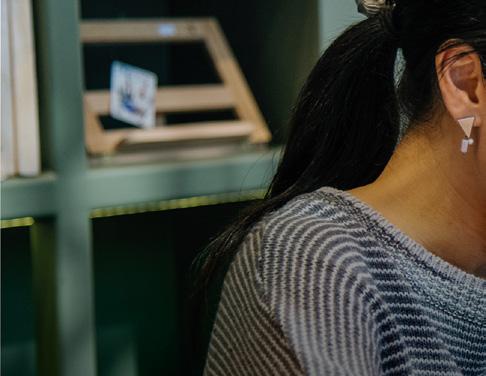
Advertisement

You’re reading this edition of HowDo magazine in English. How much of it would you be able to understand if it were written in Dutch?
Most of the time, it’s not such a problem if you can’t pretending to be! Dutch speakers often tuck little speak Dutch. You’ll generally get a reply in English, softeners (called ‘hedges’ in linguistics) into their and a lot of communication is available in English by sentences—words like perhaps (misschien), rather default. Yet, you’re missing out on something... (wel) and only/just (maar). When you’re aware of 1. Five things you’re missing out on if you don’t speak Dutch: Deeper connections with the Dutch Most Dutch people speak English well enough, but not as well as Dutch, of course. When a Dutch person 5. polite. Career opportunities Who knows, you may soon see a great opportunity for another job in the Netherlands. Chances are that employer will require knowledge of the Dutch tells you something in English, it’s often more to the language. According to Indeed, it is the most soughtpoint and less detailed than when they would do so after language in job vacancies in the Netherlands. in Dutch. That makes it more complicated to ‘click’ 2. with each other. The Dutch culture The language is an important key to the culture. You’ll fi nd that you better understand the culture Is the reason you haven’t started learning Dutch because everyone around you has said it’s diffi cult to learn? Then please contact Regina Coeli. Plenty of people have learnt a foreign language with us. And in a short time even! We’re known for that. 3. when you learn the language. The humour What leaves one country rolling on the fl oor with laughter can leave their neighbouring country You can learn at our language institute (also at the weekend!), and we also give online training courses and courses on the High Tech Campus. scowling. That, too, is culturally determined! What a these, Dutch people suddenly sound a lot more 4. pity, missing all those good Dutch jokes! The indirect side of the Dutch Are the Dutch so very direct? They’re often just www.reginacoeli.com +31 (0)73 684 87 90
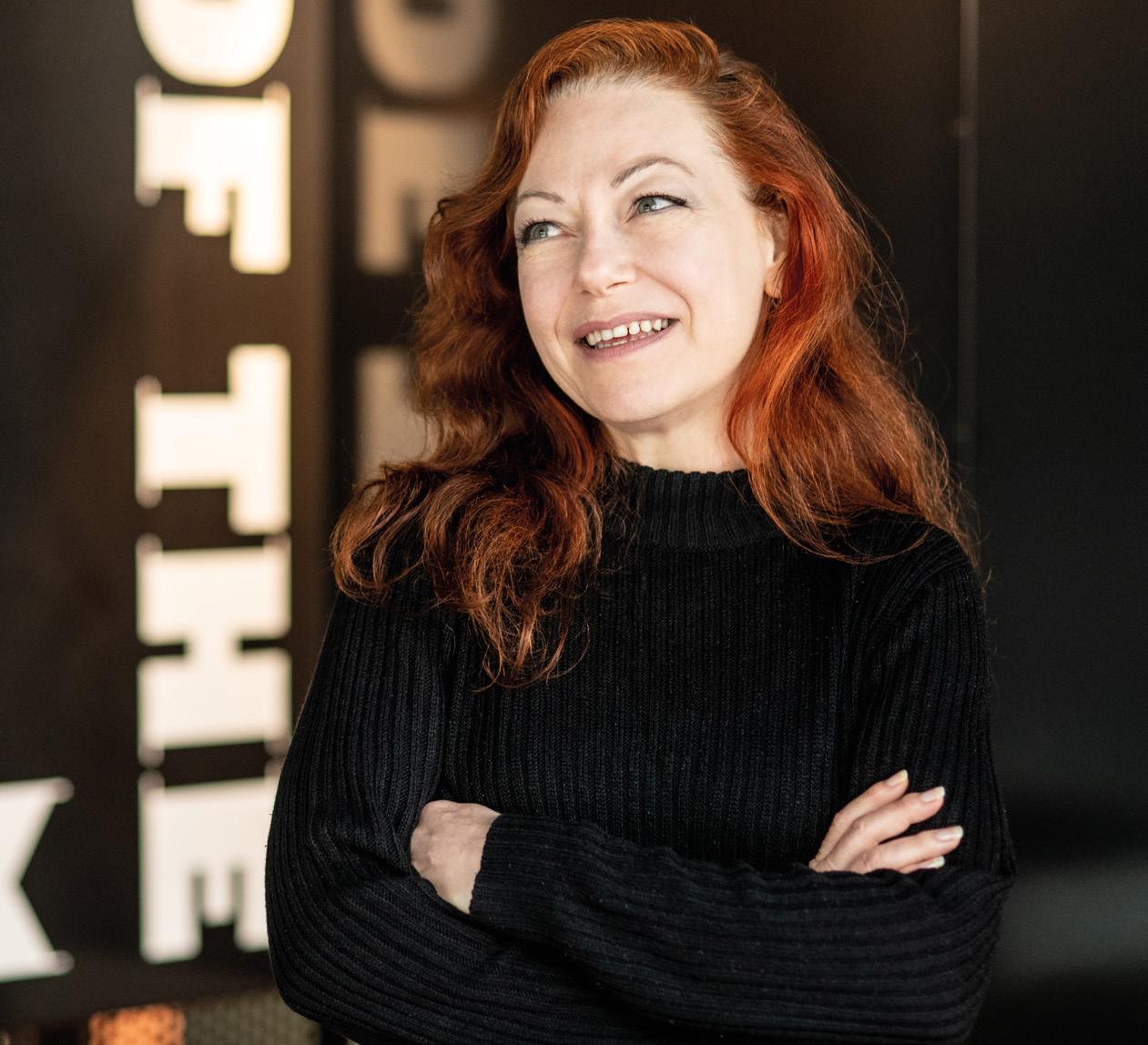
All Is Not Well On The Farm

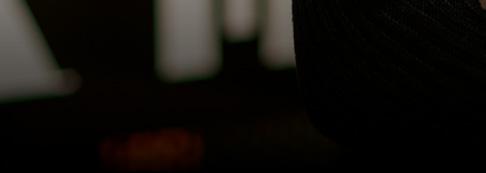
Book Review by Rebekah Villon
The Farm is a story about race, class, and motherhood in an America where everything is for sale.
Joanne Ramos’ The Farm was nominated for multiple awards when it was published last year, and hailed as a “must-read” by The Wall Street Journal, New York Magazine, and The Oprah Magazine. It’s a novel about class and race in America, wrapped in a story of high-tech surrogate child-bearing. The book tells the story of three women: the uppermiddle-class blonde white aspiring photographer, the ambitious Asian business mastermind, and the down-on-her luck Filipino immigrant who works as a domestic servant. The three women’s stories intertwine as they are drawn into “The Farm”, a Photo: Eddie Mol high-class surrogacy service where wealthy women outsource child-bearing. This focus on women’s stories and women’s perspectives isn’t unique, but it is interesting. The few male characters in the book are incidental and unimportant, with no inner lives or motivations. The women drive all the action, with a rich cast of supporting characters who are dimensional and well-realized. It’s also a woman’s book in the sense that it frankly discusses women’s bodies, particularly around pregnancy and child-care. It richly details the minute, constant, repetitive
aspects of caring for babies, of navigating the world with a stroller, of being up all night, of the challenges of breastfeeding. This ongoing theme of the demands of pregnancy and childcare is returned to again and again, as the wealthy characters admit that they don’t have time or patience for it, that it’s overwhelming and diffi cult, or that it interferes with other life goals and ambitions. This message is driven home with passages like: “Katie doesn’t even have a regular babysitter! Every morning before seven she drops Rosa at daycare on her way to work. She’s on duty all weekend while Ric goes to school for his master’s. Katie rarely complains, but it must be exhausting.”
“My success was only possible because every morning when I went to work and every time
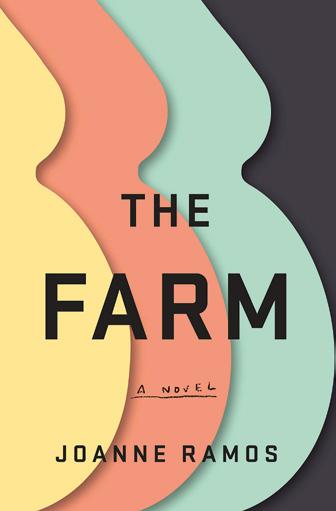

I stayed late at the offi ce, I didn’t worry about my children–because of [the nanny].”
If that dialogue seems hamhanded, that’s The Farm. This is a novel without nuance, without subtext, and without complexity. In fact, I found it frustrating that every character so perfectly embodied the class and racial stereotypes they are emblazoned with. There is no Filipino hairdresser with a wicked sense of humor, no Asian burnout, no character who surprises or challenges the reader in any way. At times it seems like The Farm wants to be a sort of sci-fi thriller, in which the Hosts need to escape the constant surveillance and high-tech wizardry of the wealthy owners of The Farm. However, the plot is too slow, the setting too mundane, the stakes too low for that kind of story. At
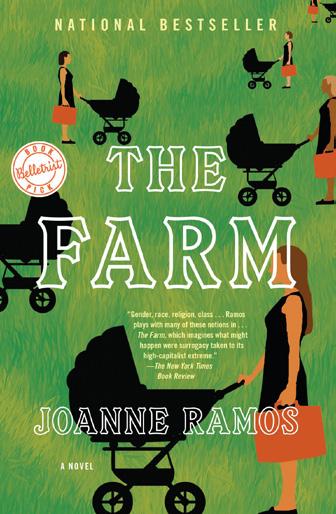
times it seems it wants to be an exploration of class and money, the differences between the Haves and the Have-Nots, but it never confronts the situation directly. Characters bemoan income inequality with lines like:
“How many people believe in… I don’t know… fi ghting terrorism but don’t enlist in the army? Or feel bad when they see a homeless guy on the subway but then get out at Fifty-ninth and buy an overpriced handbag instead of donating to charity?”
Despite all the poverty and drama, the book has a happy ending [spoiler alert]. The Filipina gets a good job as a domestic servant. The white girl becomes a successful photographer who doesn’t have to borrow money from her father anymore. The Asian woman gets rich and has a beautiful life and family. This happy ending is the ultimate betrayal of The Farm. Everyone perfectly fulfi lls their class destiny, and is made happy by it. If the book has a message, the ending completely undermines it.


Questions or comments about this review? Ideas for what I should read next? Contact me at rebekah@
howdomagazine.com
de Wereldwijzer
basisonderwijs voor nieuwkomers
De Wereldwijzer could be translated as the World wiser or pointing at the World. It offers primary education for newcomers and a fluent transformation to the Dutch educational system. All international children in the age of 4 to 12 are welcome. Pupils can apply and start at any given time of the year. They will be able to understand, speak, read and write the Dutch language within 40 to 60 weeks. After that the pupil can enroll in the Dutch systeem.

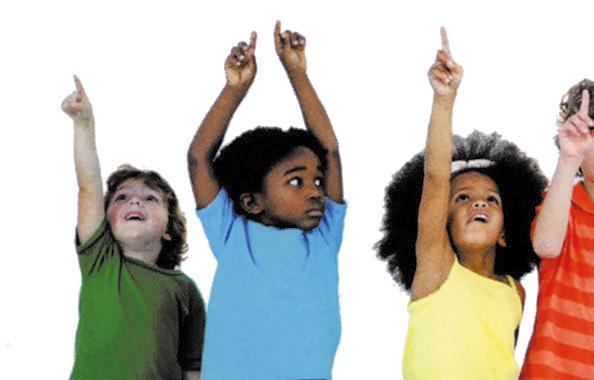
Pastoriestraat 88 5623 AT Eindhoven








